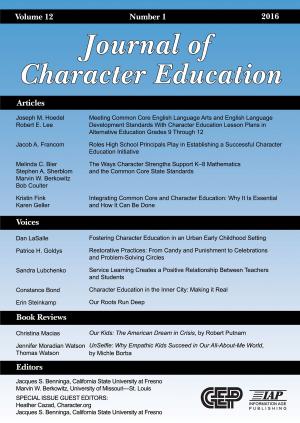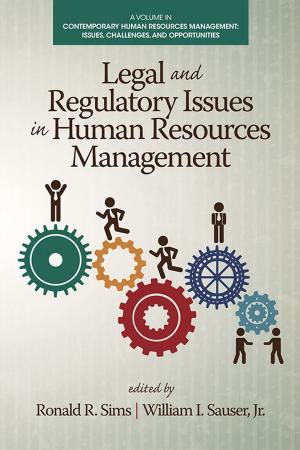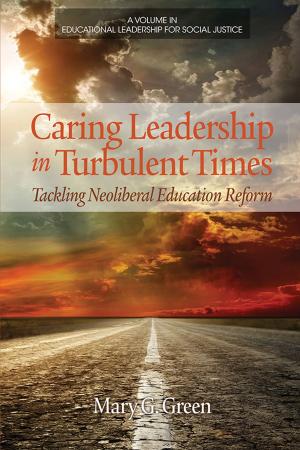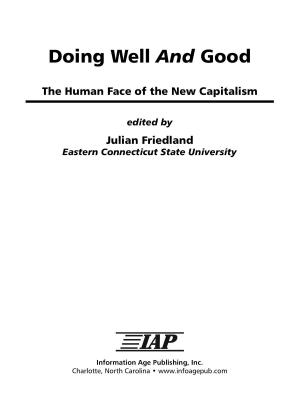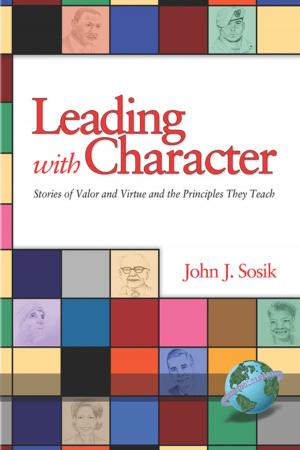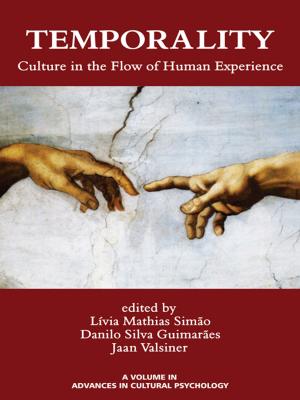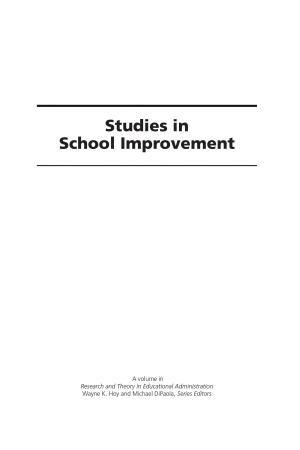Comparative Studies in Educational Policy Analysis
Nonfiction, Reference & Language, Education & Teaching, Administration, Teaching, Teaching Methods| Author: | Timothy Reagan | ISBN: | 9781617358180 |
| Publisher: | Information Age Publishing | Publication: | April 1, 2013 |
| Imprint: | Information Age Publishing | Language: | English |
| Author: | Timothy Reagan |
| ISBN: | 9781617358180 |
| Publisher: | Information Age Publishing |
| Publication: | April 1, 2013 |
| Imprint: | Information Age Publishing |
| Language: | English |
This book has a pedagogical goal in mind; it is not a scholarly work so much as an applied text informed by scholarship and research. The book’s goal is to provide individuals who are teaching courses in comparative and international education, educational administration, educational policy, and politics of education with a supplementary text that can be used to help their students develop skills in policy analysis, evaluation and development. As is explained in the book, the problem that we face with respect to having students engage in “handson” study of particular cases is that by focusing on real cases, students are faced with either virtually unlimited data, or insufficient data (or, indeed, paradoxically with both problems). In addition, students come to such cases with all sorts of preconceptions that can cloud judgment in a host of ways. By making use of fictitious case studies, though, we can carefully limit the amount of data with which students need to deal, and we can also minimize the challenges presented by the “baggage” that students might bring with them about particular real nations.
This book has a pedagogical goal in mind; it is not a scholarly work so much as an applied text informed by scholarship and research. The book’s goal is to provide individuals who are teaching courses in comparative and international education, educational administration, educational policy, and politics of education with a supplementary text that can be used to help their students develop skills in policy analysis, evaluation and development. As is explained in the book, the problem that we face with respect to having students engage in “handson” study of particular cases is that by focusing on real cases, students are faced with either virtually unlimited data, or insufficient data (or, indeed, paradoxically with both problems). In addition, students come to such cases with all sorts of preconceptions that can cloud judgment in a host of ways. By making use of fictitious case studies, though, we can carefully limit the amount of data with which students need to deal, and we can also minimize the challenges presented by the “baggage” that students might bring with them about particular real nations.

